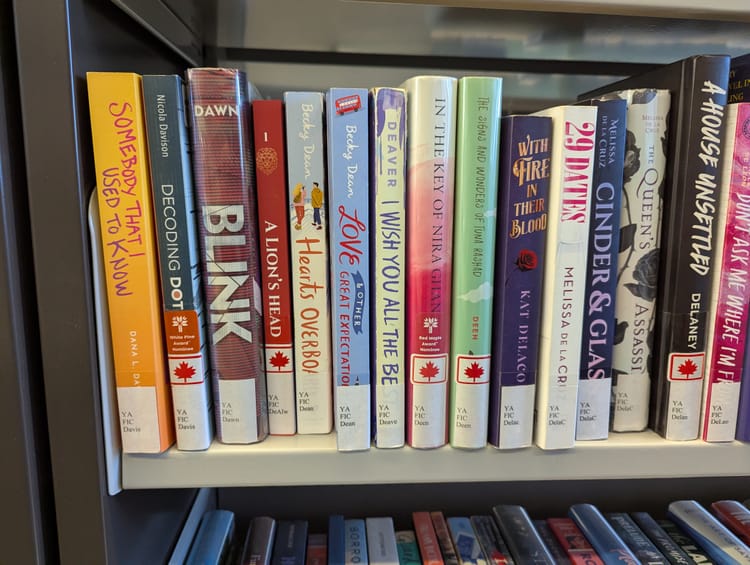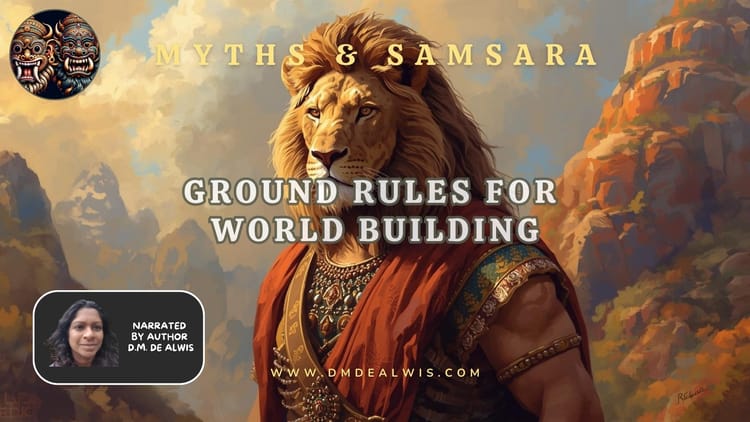Writing at the Turn of the 21st Century
Memoir from 1990-2010
Once upon a time, cell phones had only one function —to make phone calls. I bought my first cell phone around 1998. I remember calling my mom from the end of our driveway.
“I won’t be able to come home for dinner this weekend,” I said.
“Oh, wait, someone’s at the door,” she replied.
It was me.
No one would fall for this trick today.
In her mind, I was calling from Waterloo, Ontario, two hours from home. Her pre-boomer bias anchored my voice to a fixed location, as she had only ever used a landline.
I wrote my first novel in this era.
While majoring in engineering, it was hard to find experts in writing and publishing. I rode the tech waves. I preferred Google search over Yahoo, and I preferred the Netscape browser over Microsoft Explorer. I had an HTML site built from scratch and hosted on my university domain, which Geocities and then Blogger replaced.
Access to the internet went from slow dial-up used only for sending emails to internet accessible from school or my place of work. Snail mail was still a thing. CDs replaced cassette tapes. A curated mix tape will always be appreciated over playlists and AI selections.
I went from hand-written binder-bound high schooler drafts to typing keystrokes on my Pentium I desktop computer, which I lugged around whenever I moved. Later, I converted the files to my pirate versions of Microsoft Word 95 (and up) and continued writing my book on a Dell laptop.
There was no Scrivener or LivingWriter to make managing chapters, plots, and characters easy. Everything was in my stream of consciousness. I saved backups on floppy and hard disks, burned CDs, and eventually started saving the files to the cloud (only it wasn't called the cloud back then.)
How many chapters are 300+ pages?
My protagonist, Lana Elena Llanasolion, came alive on paper. Her story was strange and dark. My post-pubescent obsession with suicide, death, and escape through portals was bleak. This would be a gothic novel. This would also be a world with Sanskrit and demonic possessions. Escapism ruled the visions of Generation X. We were too young to have the advantage of the gregarious boomers. Too old to embody the privilege of millennials. Too few to be taken seriously in a world driven by demographics.
Generation X channels angst and chooses to walk the less travelled path alone. Bound by personal stakes, our apathy defines us.
It never occurred to me to look up a local writer’s group. There was no Reddit or Quora, and nothing told me to 'begin your journey here.'
What you're missing...
- My earliest experience with literary agents and traditional publishing.
- How to fail hard and fail fast.
- What I would have done differently.
- How not pursuing my passions led to burn out.




